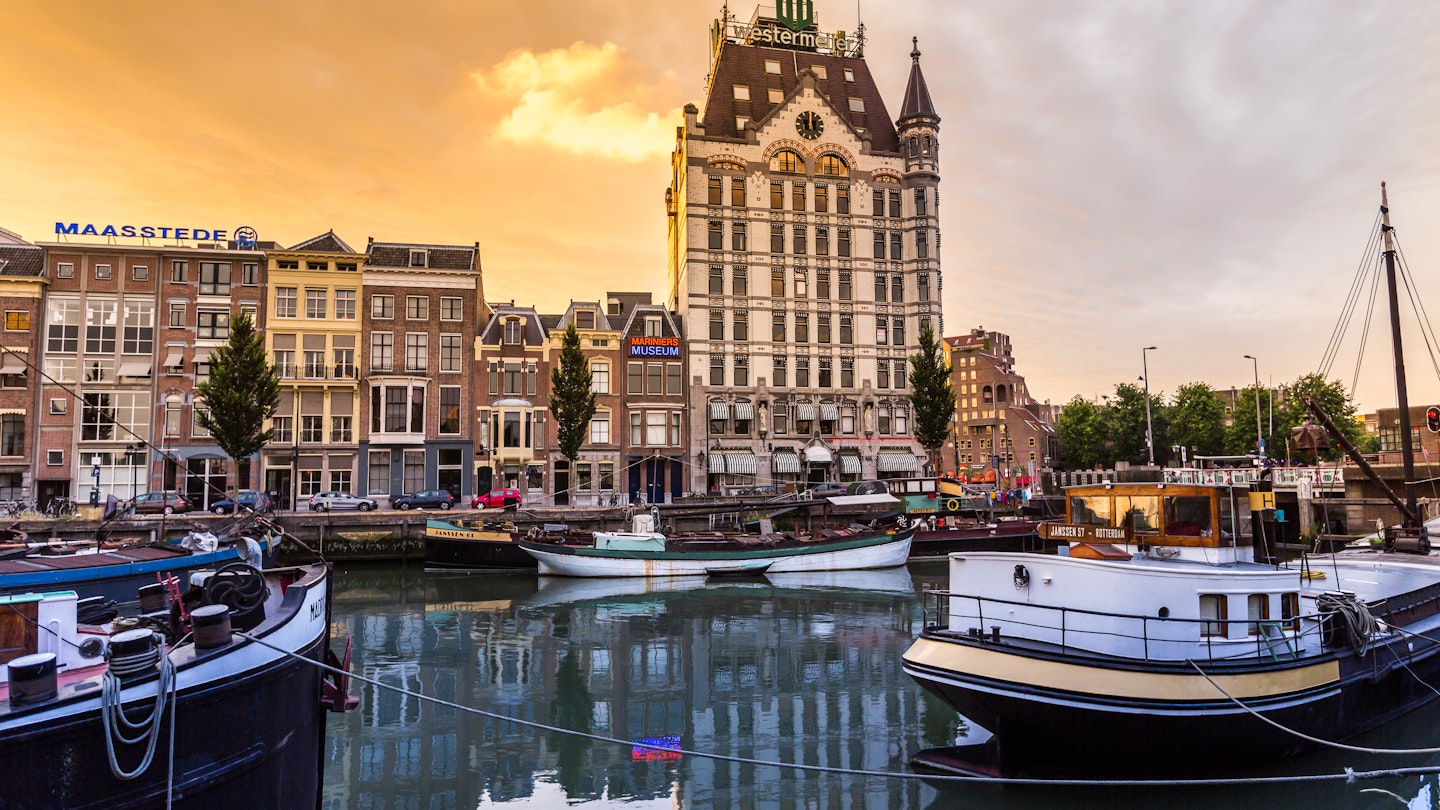Travel Tips for a Smooth Trip to the Netherlands
With its beautiful cities and picturesque countryside featuring polders, dykes, windmills, and canals, the Netherlands is one of the easiest places to travel. While potential pitfalls are few, there are several key tips to enhance your experience in this charming country.
1. It’s the Netherlands (not Holland)
Many people mistakenly use “Holland” to refer to the entire country, but this term specifically refers to just two of the country’s twelve provinces: Noord-Holland (North Holland) and Zuid-Holland (South Holland). The entire country is called the Netherlands, and it’s essential for visitors to get this right to foster engagement with locals.
2. More Than Amsterdam
Amsterdam is the primary entry point for many travelers, but there’s much more to the Netherlands than this bustling city. While the capital can experience overtourism, exploring neighborhoods like West, Oost (East), and Noord (North) offers a deeper insight into local life. Furthermore, the compact size of the Netherlands allows for quick day trips to surrounding cities such as Haarlem and Utrecht.
3. Plan Your Itinerary Wisely
Although you can cross the country within a few hours, there is an abundance of sights to see. Spending a week allows you to experience Amsterdam and nearby destinations. Those with more time can explore the Frisian coast, Hanseatic cities like Deventer and Zwolle, and vibrant regions such as Maastricht.
For travel time estimates, utilize journey planners to determine the most efficient public transport routes. Cycling is incredibly popular and a practical way to see the country, given its extensive network of bike paths.
4. Advance Planning for Popular Attractions
With renowned masters like Rembrandt and Vermeer hailing from the Netherlands, the country boasts world-class museums. Due to increasing demand, many require advance reservations for entry. It’s advisable to secure tickets weeks in advance to ensure a smooth experience.
5. Booking Accommodations and Dining
Traveling during peak seasons or special events necessitates advance bookings for accommodations and popular restaurants. This foresight will ensure you enjoy your stay without the stress of last-minute arrangements.
6. Prepare for Varied Weather
The flat landscape and maritime climate mean the weather can be unpredictable. Pack waterproof clothing and comfortable footwear, as well as layers that allow you to adapt to changing conditions. Essential gear includes warm clothes, gloves, and a hat for winter visits.
7. Understand Accommodation Expectations
Visitors might experience surprises in accommodations, particularly in older buildings that may lack air conditioning or small elevators. It’s essential to be aware that attitudes can be liberal, and bathroom designs may differ from what you’re accustomed to.
8. Effective Communication
The Dutch value directness and clarity, often favoring straightforward communication. While English is widely spoken, learning a few Dutch phrases can enhance your interactions. Familiarize yourself with common greetings and polite expressions for a more engaging experience.
9. Embrace Sustainability
The Netherlands is at the forefront of sustainability initiatives, working towards a circular economy. Visitors can contribute by using eco-friendly transport and minimizing waste in their daily activities.
10. Tipping Etiquette
While service charges are generally included in bills, tipping around 10% for excellent service, especially in restaurants, is appreciated.
11. Carry Both Cash and Cards
Though contactless payments are becoming increasingly common, many businesses still accept cash only. Having both handy will ensure you are covered in various situations.
12. Navigating Bike Lanes
Bike lanes can be busy and fast-moving. Always remain alert when crossing them, as bicycles have the right of way. If you choose to cycle, be cautious of pedestrians and other cyclists.
13. Safety Around Canals
The Netherlands’ beautiful canals can be hazardous due to a lack of barriers. Exercise caution, particularly when traveling with children, and ensure any rented boats provide life jackets.
14. Drinkable Tap Water
Tap water in the Netherlands is of high quality and safe to drink, providing a refreshing alternative to purchasing bottled water.
15. Siren Testing Awareness
At noon on the first Monday of each month, public warning sirens are tested. However, if you hear them at any other time, treat it as an emergency and follow local instructions.
16. General Safety Precautions
The Netherlands is considered very safe, but it’s wise to be cautious in tourist-heavy areas, particularly regarding pickpockets. When cycling, lock your bike securely to deter theft, using multiple locks when possible.
In case of minor health issues, local pharmacies (apotheeks) can offer advice and over-the-counter medication. For emergencies, you can reach authorities by dialing 112. Always have backup copies of your travel insurance information handy.




